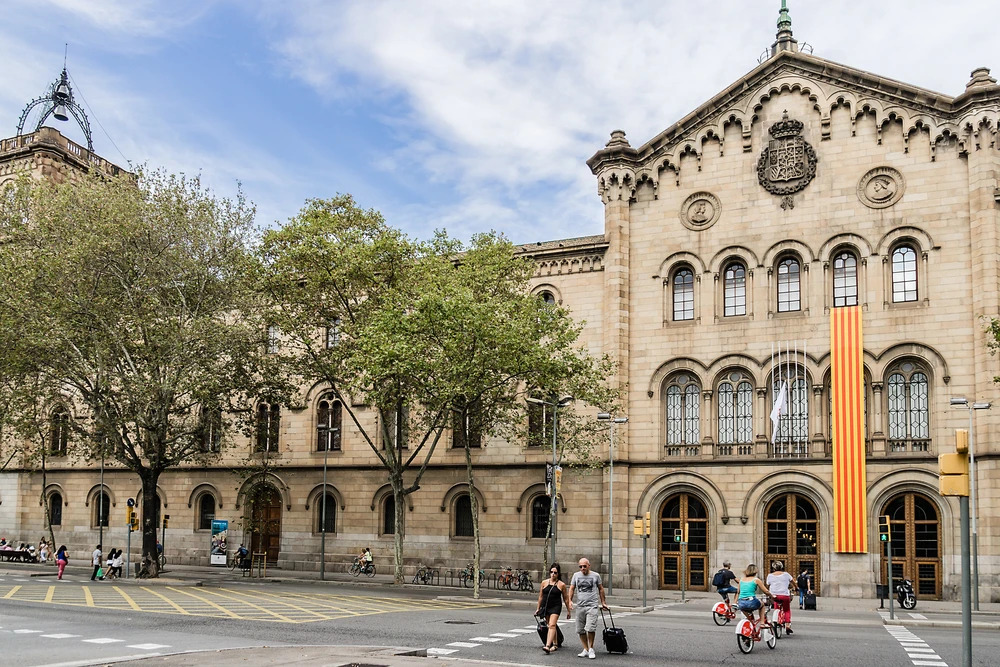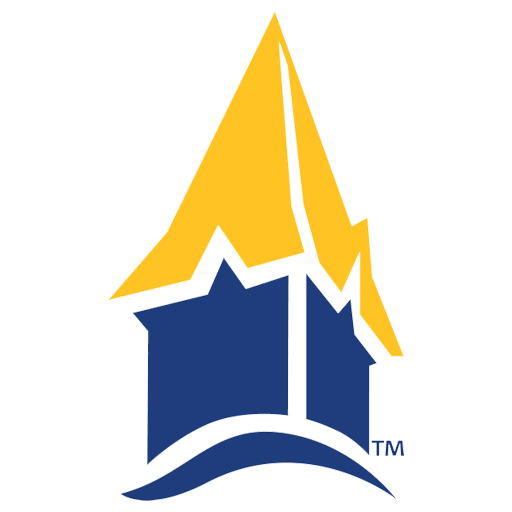🏫About
University of Barcelona
The University of Barcelona (UB) is a public research university located in Barcelona, Catalonia, Spain. It was founded in 1450 and is one of the oldest and most prestigious universities in Spain. The university is known for its excellence in research and teaching, and its commitment to internationalization. The University of Barcelona offers a wide range of undergraduate and graduate programs across its faculties, including Arts and Humanities, Law, Medicine and Health Sciences, Social Sciences, and Sciences. The university also has a number of research centers and institutes, including the Institute of Neuroscience and the Institute of Environmental Science and Technology. UB is particularly well-known for its programs in Law, Medicine, Economics, and Business. The campus of the University of Barcelona is located in the heart of the city and is spread over several sites, including the historic building of the Faculty of Law, the Faculty of Medicine and Health Sciences, and the main campus in the Diagonal area. The campus is modern and well-equipped, with a range of facilities such as libraries, research centers, sports facilities, and student housing. The university also has a number of partnerships and collaborations with other leading universities and research institutions around the world, providing students with opportunities to study abroad and engage in international research projects. The University of Barcelona is committed to providing its students with a high-quality education that prepares them for success in their chosen careers. The university offers a range of academic and career services, including academic advising, tutoring, and career counseling. UB also has a strong focus on research and innovation, with a number of initiatives and programs that support faculty and student research activities.
Show less
Show more










